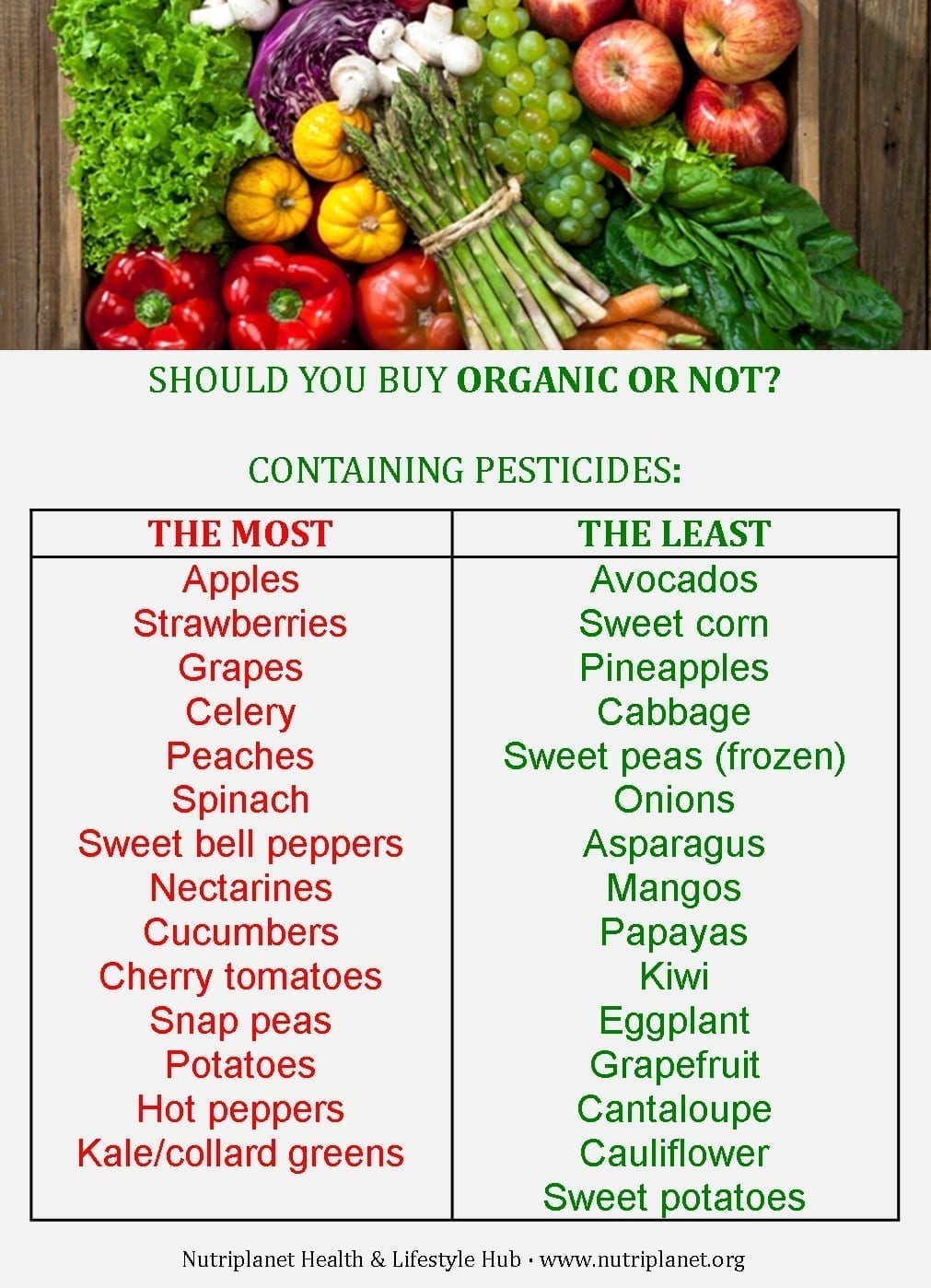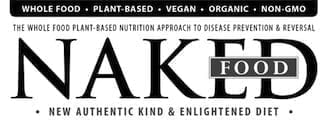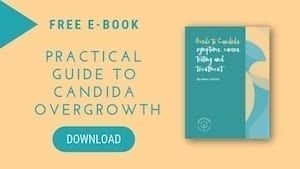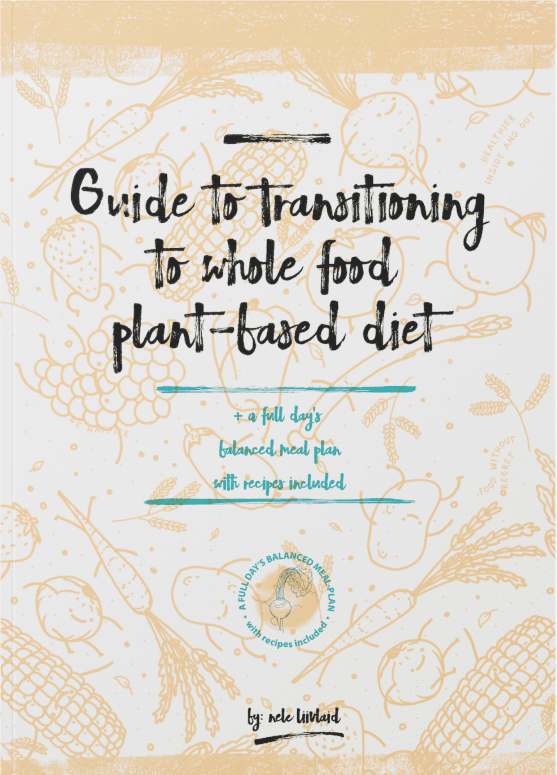
Environmental Working Group (EWG) publishes its annual rating of conventional foods with the most and least pesticide residues.
Some 65 percent of thousands of produce samples analyzed by the U.S. Department of Agriculture test positive for pesticide residues.
European regulators are several steps ahead of their American counterparts. Over the past several years, they have raised new questions about the safety and ecological dangers of a group of pesticides known as neonicotinoids. These chemicals are suspected of disrupting human brain development and of killing honeybees and other beneficial insects.
The European Commission has banned diphenylamine, DPA for short, on fruit raised in the 28 European Union member states and has imposed tight restrictions on imported fruit. DPA, a growth regulator and antioxidant, is applied after harvest to most apples conventionally grown in the U.S. and to some U.S.-grown pears, to prevent the fruit skin from discoloring during months of cold storage.
U.S. officials have not followed the Europeans in restricting either neonicotinoids or DPA.
Highlights of Dirty Dozen 2014
EWG’s Dirty Dozen™ list of produce includes apples, strawberries, grapes, celery, peaches, spinach, sweet bell peppers, imported nectarines, cucumbers, cherry tomatoes, imported snap peas and potatoes. Each of these foods contained a number of different pesticide residues and showed high concentrations of pesticides relative to other produce items.
In particular:
- Every sample of imported nectarines and 99 percent of apple samples tested positive for at least one pesticide residue.
- The average potato had more pesticides by weight than any other food.
- A single grape sample contained 15 pesticides. Single samples of celery, cherry tomatoes, imported snap peas and strawberries showed 13 different pesticides apiece.
The Clean Fifteen
EWG’s Clean Fifteen™ for 2014 – the produce least likely to hold pesticide residues – are avocados, sweet corn, pineapples, cabbage, frozen sweet peas, onions, asparagus, mangoes, papayas, kiwis, eggplant, grapefruit, cantaloupe, cauliflower and sweet potatoes. Relatively few pesticides were detected on these foods, and tests found low total concentrations of pesticides.
Notable findings:
- Avocados were the cleanest: only 1 percent of avocado samples showed any detectable pesticides.
- Some 89 percent of pineapples, 82 percent of kiwi, 80 percent of papayas, 88 percent of mango and 61 percent of cantaloupe had no residues.
- No single fruit sample from the Clean Fifteen™ tested positive for more than 4 types of pesticides.
- Detecting multiple pesticide residues is extremely rare on Clean Fifteen™ vegetables. Only 5.5 percent of Clean Fifteen samples had two or more pesticides.
Leafy greens – kale and collard greens – and hot peppers do not meet traditional Dirty Dozen™ ranking criteria but were frequently contaminated with insecticides that are toxic to the human nervous system. EWG recommends that people who eat a lot of these foods buy organic instead.
Genetically engineered crops
Most processed food typically contains one or more ingredients derived from genetically engineered crops. But GE food is not often found in the produce section of American supermarkets. A small percentage of zucchini, yellow squash and sweet corn on grocery store shelves is GE. Most Hawaiian papaya is GE.
All tested foods are listed below from worst to best (lower numbers = more pesticides)
- Apples
- Strawberries
- Grapes
- Celery
- Peaches
- Spinach
- Sweet bell peppers
- Nectarines (imported to US)
- Cucumbers
- Cherry tomatoes
- Snap peas (imported to US)
- Potatoes
- Hot peppers
- Blueberries (domestic US)
- Lettuce
- Kale/Collard greens
- Plums
- Cherries
- Necatrines (domestic US)
- Pears
- Tangerines
- Carrots
- Blueberries (imported to US)
- Green beans
- Winter squash
- Summer squash
- Raspberries
- Broccoli
- Snap peas (domestic US)
- Green onions
- Oranges
- Bananas
- Tomatoes
- Watermelon
- Honeydew melons
- Mushrooms
- Sweet potatoes
- Cauliflower
- Cantaloupe
- Grapefruit
- Eggplant
- Kiwi
- Papayas
- Mangos
- Asparagus
- Onions
- Sweet peas (frozen)
- Cabbage
- Pineapples
- Sweet corn
- Avocados
By Nele Liivlaid (Nutriplanet)
Source: www.ewg.org



































